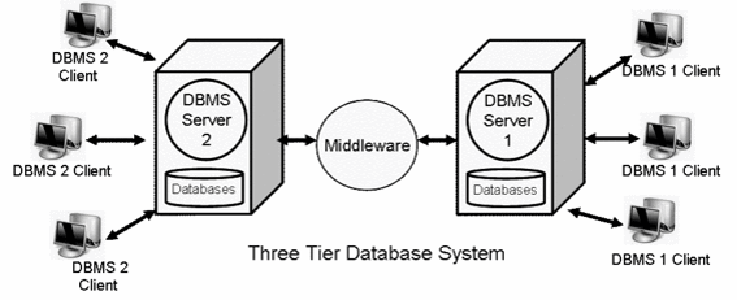Database Reference
In-Depth Information
used. For example in banking system with branches in several cities may store customer
data at each branch. In this decentralized database system, it is job the DBMS system to
provide information of customer from any location by hiding all the details of how data is
searched. Another advantage if this system is in one the server gets down, user can still find
information from others
1.3.1 Functions of DBMS
• DBMS free the programmers from the need to worry about the organization and location
of the data i.e. it shields the users from complex hardware level details.
• DBMS can organize process and present data elements from the database. This capability
enables decision makers to search and query database contents in order to extract answers
that are not available in regular Reports.
• Programming is speeded up because programmer can concentrate on logic of the applic-
ation.
• It includes special user friendly query languages which are easy to understand by non pro-
gramming users of the system.
1.3.2 Advantages and disadvantages of database systems
Using a DBMS to manage data has many advantages:
1. Data independence —
Application programs should be as independent from details of
data storage and representation. DBMS provides us abstract view of the data to insulate ap-
plication code from such details.

